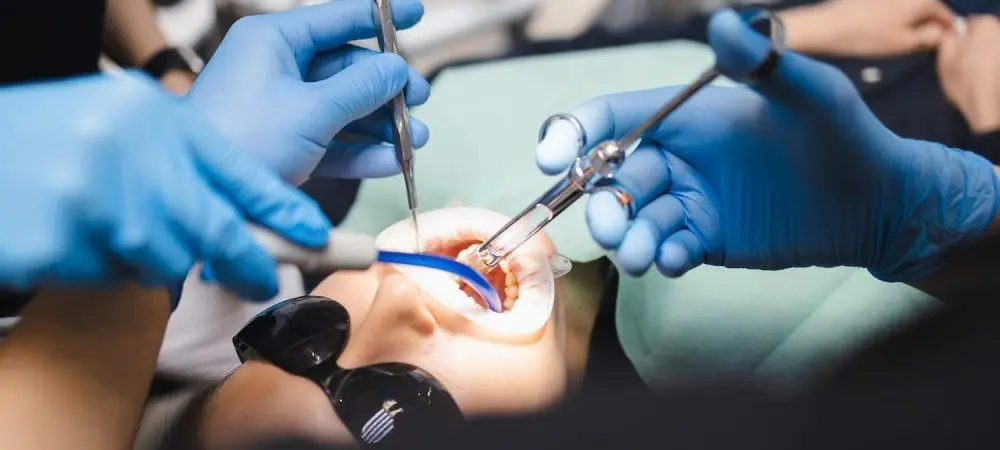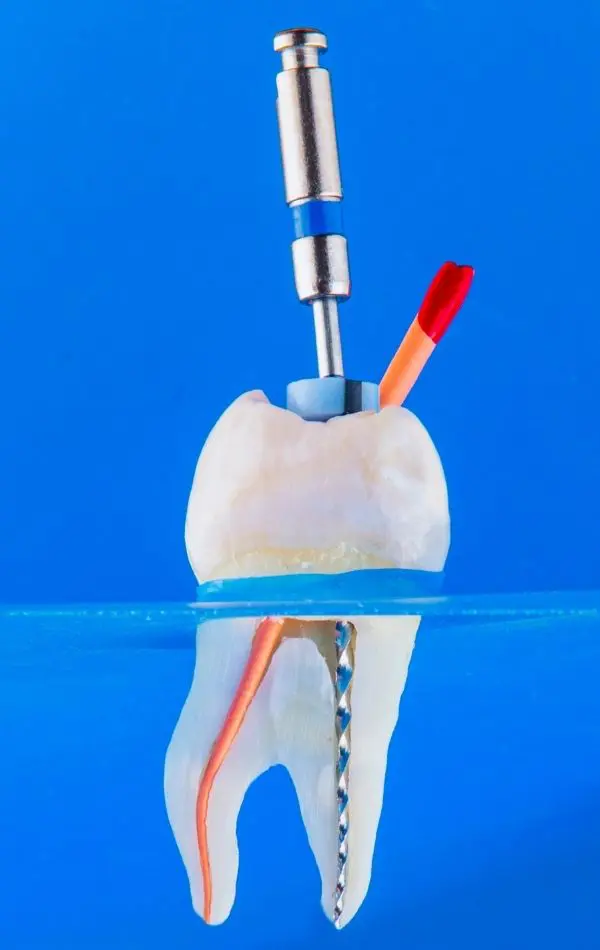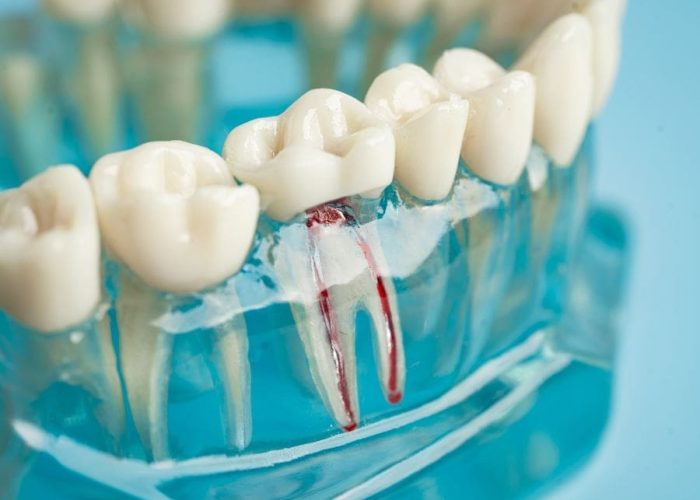
Root Canal Treatment in Rapid City | Trusted Care at Byrne Dental

Are you experiencing severe tooth pain, swelling, or sensitivity that won’t go away? These are common signs you might need a root canal, and at Byrne Dental in Rapid City, SD, we’re here to help. Our expert team transforms the anxiety of root canals into a comfortable experience. With personalized care tailored to the Rapid City community, Dr. Byrne and our staff use proven care to save your natural teeth. Discover why Byrne Dental is your go-to for root canals in Rapid City.
Why Choose Byrne Dental in Rapid City, SD?
- A+ Rating by BBB
- Same-Day Appointments
- 5% Senior Discount for 65+
- We Work With Most Insurance Companies
Contact Us
Hours
-
Monday - Wednesday 8:30am - 5:00pm
-
Thursday 8:30am - Noon
-
Friday - Sunday CLOSED

Why You Might Need a Root Canal
If you’re experiencing tooth pain that won’t go away, sensitivity to hot or cold, tenderness when chewing, or swelling around the gums, it could be a sign that the inner pulp of your tooth is infected or inflamed. This often happens due to deep decay, a cracked tooth, or an untreated cavity. Left alone, these issues can lead to serious infections or even tooth loss. A root canal removes the infection, relieves pain, and helps save your natural tooth. If you’re noticing any of these symptoms, it’s important to schedule an exam as soon as possible—early treatment can make all the difference.


What to Expect During Your Root Canal at Byrne Dental
At Byrne Dental, we make your comfort a priority every step of the way. Here’s how the root canal process typically works:
- Diagnosis with Digital X-Rays: We begin with advanced digital X-rays to assess the extent of the damage and pinpoint the infection. This helps us plan your treatment with accuracy and care.
- Numbing the Area: Local anesthesia is used to completely numb the affected area, ensuring a pain-free experience throughout the procedure.
- Removing the Infected Pulp: Our dental team gently removes the infected or damaged pulp from inside your tooth, relieving pressure and stopping the infection from spreading.
- Cleaning and Shaping the Root Canals: Next, we meticulously clean and shape the interior of the tooth to remove any remaining bacteria and prepare it for sealing.
- Filling with Gutta-Percha: We fill the cleaned canals with gutta-percha — a rubber-like, biocompatible material that’s safe for your body. It seals the tooth from the inside to block out bacteria and support long-term health.
- Sealing and Restoring the Tooth: After the canals are filled, we seal the tooth and typically recommend placing a custom dental crown to restore its full strength and function.

Filling vs. Root Canal: Which Do You Need?
Confused about whether you need a filling or a root canal? We’re here to clarify. A filling treats early tooth decay or small cavities, where the outer enamel is damaged but the inner pulp remains healthy. If you notice mild sensitivity or a visible hole, a filling—applied during a quick visit using composite resin—can restore your tooth. However, if decay reaches the pulp, causing severe pain, swelling, or an abscess, a root canal is necessary to remove the infection and save the tooth. Unlike a filling, a root canal involves deeper cleaning and often a crown. Our Rapid City team uses digital X-rays to diagnose accurately, ensuring you get the right treatment. Trust us to guide you—call for a consultation to determine your needs!


The Longevity of Root Canals
A common question is, “How long will my root canal last?” With proper care at Byrne Dental, a root canal can last a lifetime. Our Rapid City patients benefit from our follow-up guidance—regular brushing, flossing, and checkups prevent reinfection. Root canals succeed long-term when paired with a crown, and our use of trusted techniques ensures durability. Trust us to give your tooth a second chance with lasting results.

Recovery Timeline and Eating/Drinking After a Root Canal
Wondering what to expect after your root canal at Byrne Dental? Recovery is typically quick and straightforward. Most patients feel normal within 1-2 days, though mild soreness or sensitivity around the tooth may linger for up to a week. We recommend resting the first day and avoiding strenuous activity to aid healing. Over-the-counter pain relievers, as advised by our team, can manage discomfort. As for eating and drinking, wait at least 1-2 hours after the procedure—or until the numbness from anesthesia wears off—to avoid biting your cheek or tongue. Start with soft foods like yogurt or soup, and avoid hard, chewy, or hot items for 2-3 days. Usually within a week, you’ll be back to enjoying your favorite meals.

Why Choose Byrne Dental for Root Canals in Rapid City
What sets Byrne Dental apart? As Rapid City locals, Dr. Byrne and our team understand the unique dental needs of our community. We combine proven and trusted practices with a warm, welcoming environment. Beyond root canals, we offer extractions, crowns, and comprehensive care under one roof. Patients rave about our gentle approach, with many sharing success stories of pain-free recoveries. Ready to take the next step? Call us today at 605-342-1200 to schedule a consultation!
Root Canal Frequently Asked Questions
No, with modern techniques and anesthesia, the procedure itself should not be painful. You might feel some discomfort post-procedure, but it’s generally manageable with over-the-counter pain relief.
Typically, one to two sessions, each lasting 1-2 hours, depending on the complexity of the case.
Delaying can lead to increased pain, spread of infection, and potentially tooth loss.
Most likely, yes. A crown helps to protect the tooth, as it can become brittle after the procedure.
You should avoid chewing on the treated tooth until it’s fully restored with a crown. Stick to soft foods initially.
Very successful! With proper care, most root canal treatments last a lifetime.
Costs can vary, but we work with most insurance providers and offer financing options. Contact us for a consultation.
Our commitment to local, personalized care, and our focus on patient comfort and satisfaction.
If a root canal fails, retreatment or surgery could be considered, or in rare cases, extraction might be necessary.
Tooth extraction is the main alternative, but we aim to save natural teeth whenever possible.